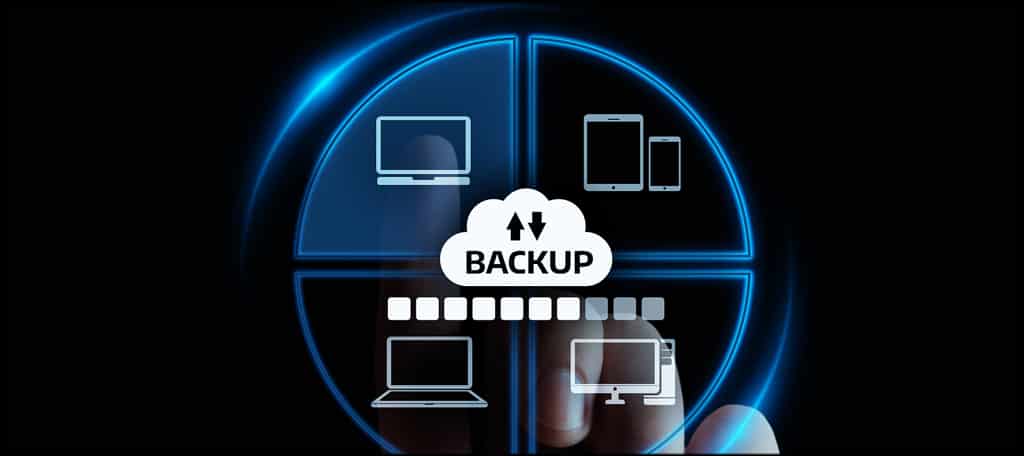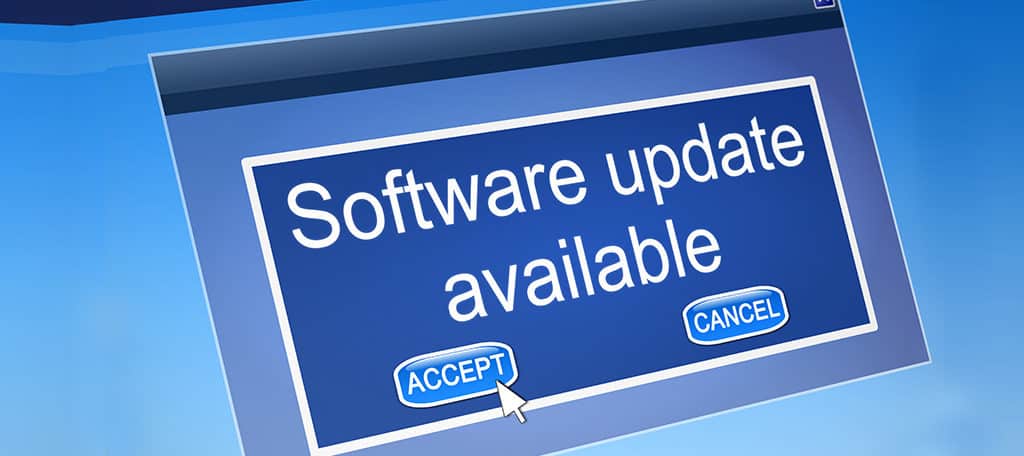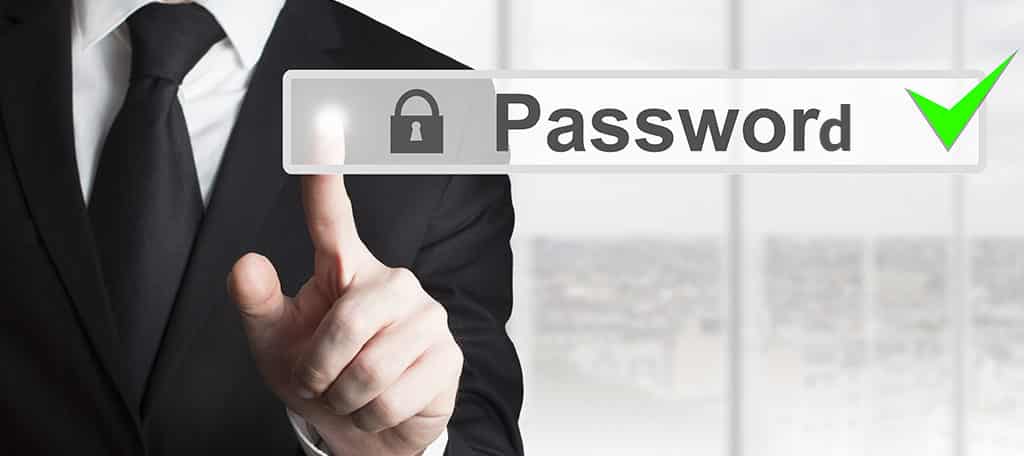With these 5 key security features, protect your website now

Were you aware that 43% of cyber assaults are directed at a tiny company? The theDonuttech team believed that this might be the ideal moment to touch on some of what you can do to improve the safety of your own website.
GreenGeeks provides various website safety services. Other things can also be done to make sure you're not a victim of hackers, badware or other nasty stuff that blogs, websites for eCommerce.
Did you ever take the time to check out the site backup? How about using your website's SSL certificates? We look forward to shedding some light on these great TheDonuttech safety characteristics and a few more which you may not be aware of.
The safety of the website is never too late to believe.
1. Build regular backups

Never underestimate a decent backup value. Everything can occur on any website in today's globe. And a strong way to safeguard your website data is perfect.
Whether you build the site from scratch or use content management systems such as WordPress, there are numerous methods to protect these files. And the best thing is that there are many completely free techniques.
For example, a website running on WordPress can be able to save site files to the cloud using something like UpdraftPlus. You can give a cover to services like Dropbox and Google Drive in a matter of a few clicks.
You can also download the entire page straight to your desktop with FTP programs such as FileZilla. This is not to mention that a backup can be created with cPanel.
The point is that you can restore your site in just moments if something dramatic happens with a suitable backup. With just a few clicks from the mouse can reverse the hacks, malware and even accidental coding from yourself.
2. The application of SSL certificates

What does SSL have to do? It is known as "Secure Sockets Layer," and is used to ensure web security.
For those of you confusing, when you view a website from a protected SSL link, most browsers show a green lock. It is useful to ensure that you use SSL any time you pass sensitive or private data.
If you are not, it is feasible to steal the data you pass on from unpleasant individuals. You will need a specific IP and the SSL certificate in order to get started.
Any data transmitted via an HTTPS connection is shielded once installed. This is particularly crucial since Google and Chrome emphasize safe websites. This is very crucial.
As a side note, it should also be noted that Google prefers HTTPS-based websites over HTTP. Never bad that Google would happily be glad, especially when the search engine itself could boost the status of your website.
You can also get a free SSL certificate with Let's Encrypt as an additional bonus. Perhaps this is one of the most important safety characteristics.
3. Protect the information about your domain registration

When someone registers a domain name, the public can view their personal information. All you need to do is perform a fast WHOIS search for that domain in order to view the domain registration data of someone.
Okay, Scary?
Instead, you are listed privately, rather than have your first name, your last-name address and your telephone number listed to the public. GreenGeeks will be protecting the name, address and more.
Any data miner could collect your private information and add you to calling lists, unwanted mailing lists, and more without this service protecting your domain name.
4. Maintain up to date software

Some might find this recommendation obvious, but it should not be ignored. Not every script is up to date as it should be. Even famous blogging scripts such as WordPress require regular updates.
And maintaining the latest applications up to date is an important component of your safety characteristics. In reality, when fresh variants are accessible, you can set many to update automatically.
Make sure your automatic updates and other characteristics of the script such as topics and plugins are updated. These add-ons can also generate safety troubleshooting the safety of your site.
Fortunately, many third-party scripts have websites to help you learn how to protect them. WordPress has already begun a few versions to update its key files.
Your website will be dependent on the technology or scripts of other external firms or organizations, and you will do your homework with care and care.
5. Compound password creation.

It may sound somewhat evident, but you need a nice password. From moment to moment, all people have password problems.
However, what's better? Do you forget your complex password or are you an identity theft victims?
Every experienced web developer will inform you that the key safety characteristics of powerful passwords are high priorities.
Use passwords safe! This could be the largest pillar of safety on the site. You have to do your utmost to use passwords which are not sufficiently complex, but simple to remember. It is long gone when the middle name of your mother is used as a password. Everyone should use passwords containing: letters, numbers or unique signs (for example:, $&, #etc.) of capital or of the lower case.
The more complicated your password system is, the less likely it is that someone breaks into your website.
On the website management hand, make sure that passwords are stored as encrypted values (for scripts such as blogs and forums). This includes a lot of scripts, but this is a nice time to make a certain double-check.
Make sure you do your homework.
You must change your password periodically as well.
Keep the game going
The problem of fraud is in many distinct forms and dimensions, particularly when important safety characteristics are not in location. Here are five main safety issues that you ought to look a bit deeper this month.You must inspect backups, use SSL, Local Service Certificates whenever possible, safeguard registration data on your domain name, update all installed software and use complex passwords.
Don't Miss: 5 effortless steps to fix "Failed to write disk file" in Wordpress.

0 Comments